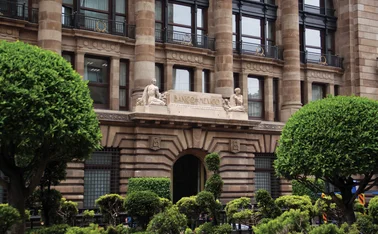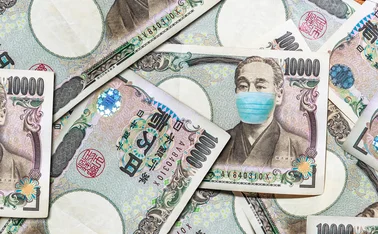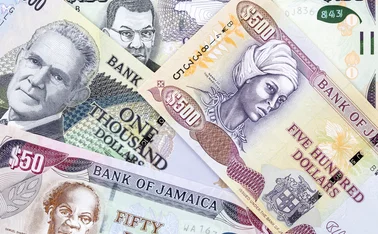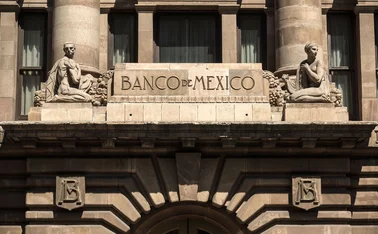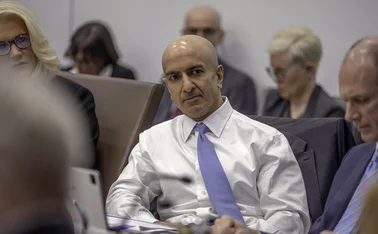
IMF backs $3.1 billion loan for Egypt
Conditions include locking in the floating exchange rate

The International Monetary Fund executive board approved a 46-month loan for Egypt, totalling more than $3.1 billion, on December 16. The fund will immediately disburse almost $347 million.
As part of the loan conditions, Egypt has committed to “a permanent shift to a flexible exchange rate regime to increase resilience against external shocks and to rebuild external buffers”.
Egypt announced it would float the pound at the end of October. The country has faced high inflation and diminishing
Only users who have a paid subscription or are part of a corporate subscription are able to print or copy content.
To access these options, along with all other subscription benefits, please contact info@centralbanking.com or view our subscription options here: www.centralbanking.com/subscriptions
You are currently unable to print this content. Please contact info@centralbanking.com to find out more.
You are currently unable to copy this content. Please contact info@centralbanking.com to find out more.
Copyright Infopro Digital Limited. All rights reserved.
As outlined in our terms and conditions, https://www.infopro-digital.com/terms-and-conditions/subscriptions/ (point 2.4), printing is limited to a single copy.
If you would like to purchase additional rights please email info@centralbanking.com
Copyright Infopro Digital Limited. All rights reserved.
You may share this content using our article tools. As outlined in our terms and conditions, https://www.infopro-digital.com/terms-and-conditions/subscriptions/ (clause 2.4), an Authorised User may only make one copy of the materials for their own personal use. You must also comply with the restrictions in clause 2.5.
If you would like to purchase additional rights please email info@centralbanking.com
